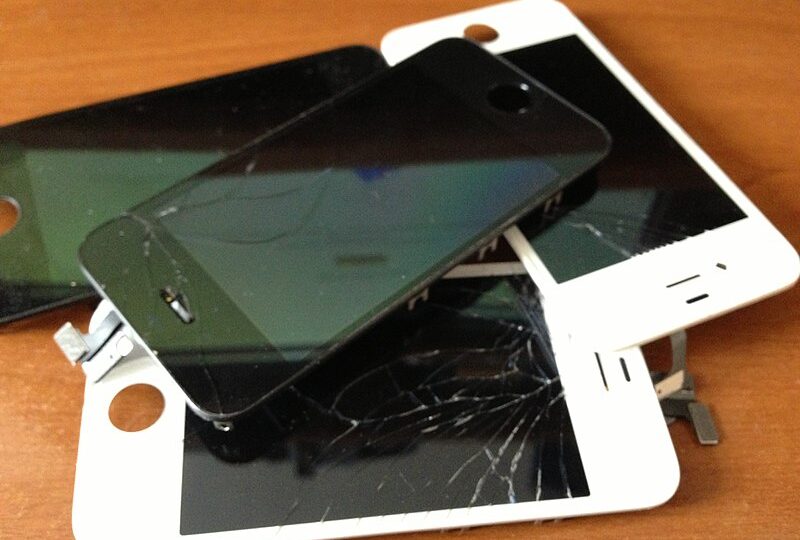“Right–to–repair” deals with legislation that determines consumers’ right to repair or modify products that they purchase. Many companies put systems in place to make it to where consumers cannot do these things by themselves, by restricting access to tools or putting barriers in the software of a device preventing users from going beyond a certain point.
Companies do this to drive up consumer costs and to make more profit. If a consumer cannot repair their own device, then they will have to pay the company to do it or give more money to the company by just buying a new one.
This brings up problems, not just for consumers of these products but also for the environment. More products getting manufactured, and kept in circulation when they no longer work and cannot be repaired, creates an issue with electronic waste.
Some states have started to fight for consumers’ right to repair in order to decrease this impact on the environment. Massachusetts put laws in place that require automotive companies to make information available to car owners to help them be able to repair their vehicles. In 2018, many major automotive companies agreed to make this information available in all 50 states.
A company that many have had issues with in the past when it comes to the right to repair is Apple. For over a decade, it was very difficult for consumers to repair or upgrade their Apple computers and iPhones on their own. However, the company seems to be changing its mind on this issue.
Apple recently announced that it would start selling tools directly to consumers and offering repair guides, a move that is seen as a huge victory by right-to-repair activists.
“One of the most visible opponents to repair access is reversing course,” said Nathan Proctor, a senior Right to Repair campaign director at Public Interest Research Groups (PIRG), in a statement. “Apple’s move shows that what repair advocates have been asking for was always possible.”
The company claims that it has made this decision to help consumers, but many believe that it is truly because of government pressure to start giving customers the right to repair.
“Creating greater access to Apple genuine parts gives our customers even more choice if a repair is needed,” said Jeff Williams, Apple’s chief operating officer, in the Nov. 17 announcement of the company’s new self-service repair program launching in early 2022. “In the past three years, Apple has nearly doubled the number of service locations with access to Apple genuine parts, tools, and training, and now we’re providing an option for those who wish to complete their own repairs.”
On July 9, President Joe Biden signed an executive order that asked the FTC to crack down on “unfair anticompetitive restrictions on third-party repair or self-repair of items, such as the restrictions imposed by powerful manufacturers that prevent farmers from repairing their own equipment.” An order from which companies like Apple and many other tech companies will likely continue to feel pressure.




